Understanding House Grading Costs
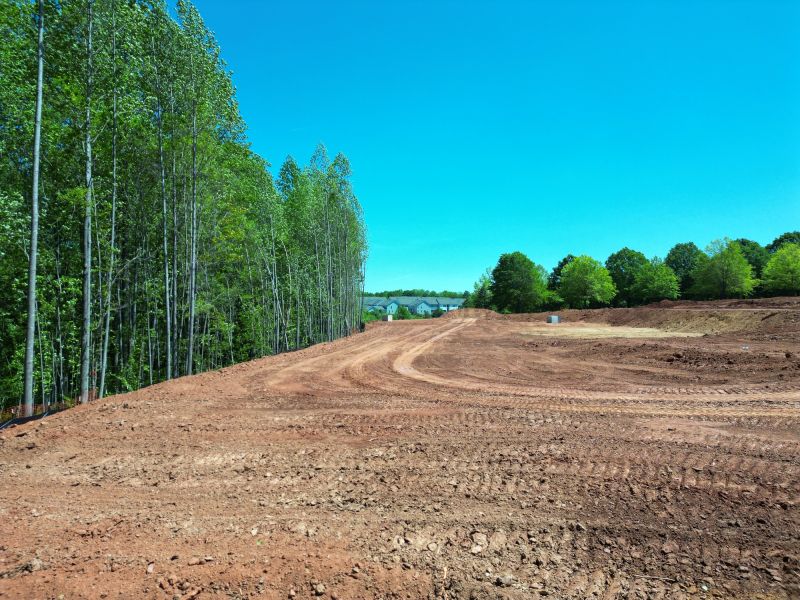
Larger properties typically require more time and resources, increasing the grading cost.
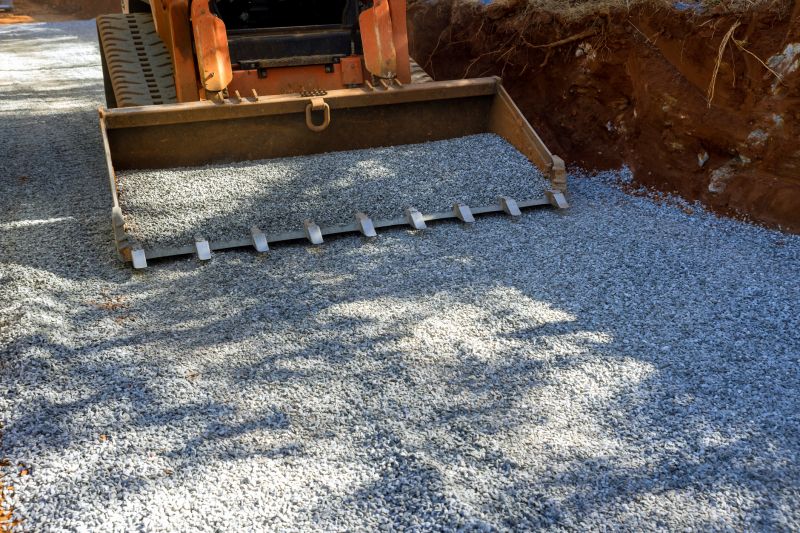
Properties in remote or hard-to-access areas may incur higher transportation and labor costs.
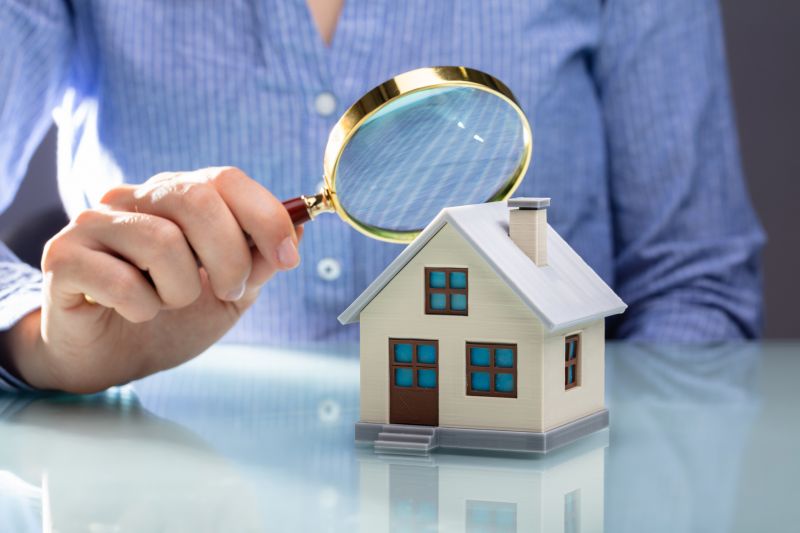
Properties needing extensive assessment or repairs can affect the overall pricing.
| Factor | Impact on Cost |
|---|---|
| Property Size | Larger properties tend to have higher grading fees. |
| Location | Remote locations may increase transportation and labor expenses. |
| Property Age | Older properties might require more detailed inspections. |
| Complexity of Grading | More detailed assessments increase costs. |
| Access Difficulty | Hard-to-reach sites can raise overall expenses. |
| Assessment Type | Different grading methods have varying costs. |
| Additional Services | Extra evaluations or reports can add to the total. |
Pricing for house gradings is often influenced by the specific scope of work and property characteristics. While basic assessments may be straightforward, properties with unique features or challenging access can lead to higher charges. It is advisable to obtain detailed quotes that account for all relevant factors to avoid unexpected costs.
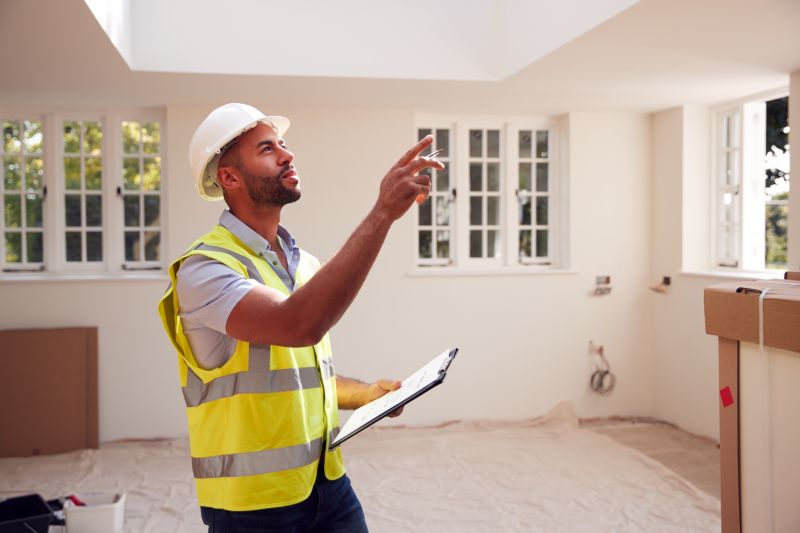
Assessments of interior spaces may incur additional fees depending on size and complexity.
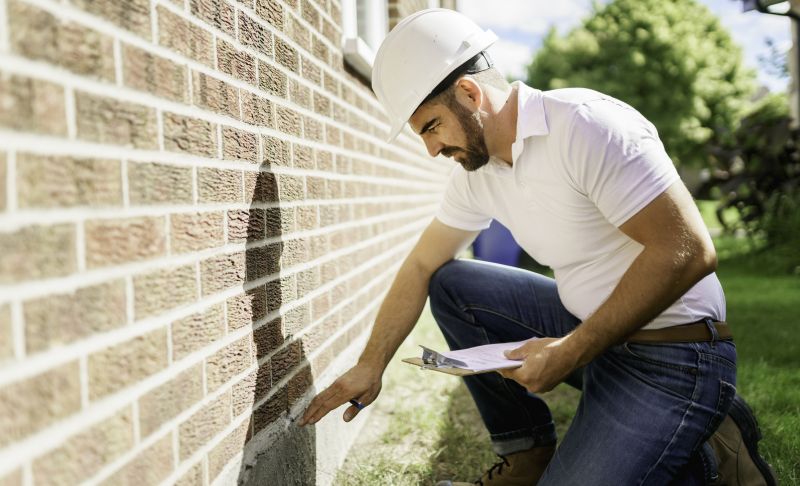
Foundation assessments can vary in cost based on accessibility and extent of analysis needed.
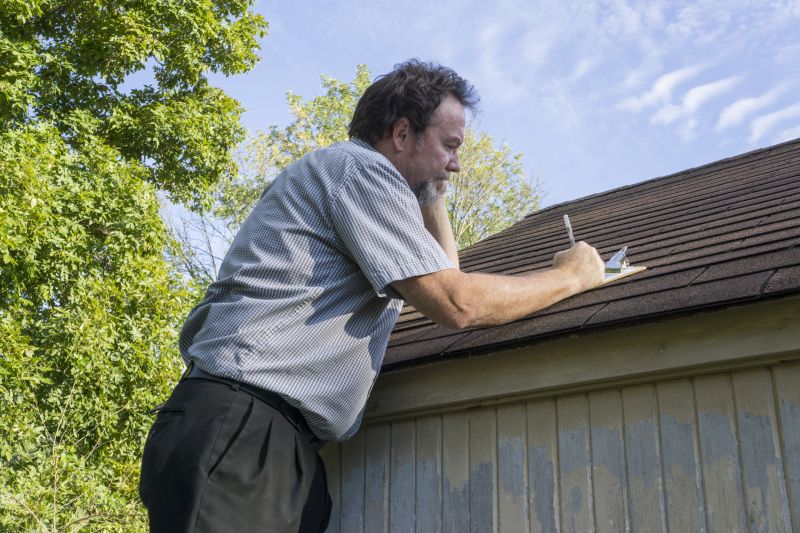
Roof evaluations are priced according to size and height of the structure.
| Service | Average Cost |
|---|---|
| Basic House Grading | $1,200 - $2,500 |
| Detailed Structural Assessment | $2,500 - $5,000 |
| Foundation Inspection | $1,500 - $3,000 |
| Roof Evaluation | $800 - $2,000 |
| Interior Assessment | $1,000 - $2,500 |
| Environmental Impact Report | $2,000 - $4,000 |
| Specialty Assessments | $3,000 - $6,000 |
| Post-Assessment Consultation | $500 - $1,500 |
| Additional Inspection Services | $1,000 - $3,000 |
